Supporting a Friend or Family Member
How Can I Support a Friend or Family Member Who is Experiencing Domestic Violence?
Supporting a friend or family member who is experiencing domestic violence requires empathy, patience, and understanding. Here are some ways you can support them:
Listen Without Judgment: Encourage them to share their feelings and experiences without pressuring them to disclose more than they are comfortable with.
Believe and Validate: Let them know that you believe them and that the abuse is not their fault. Validate their feelings and reassure them that they deserve to feel safe and respected.
Offer Practical Support: Help them create a safety plan, pack essentials if they need to leave quickly, and identify safe places they can go to.
Respect Their Decisions: Understand that leaving an abusive relationship is a complex and difficult process. Respect their choices and empower them to make decisions that are best for their safety and well-being.
Provide Emotional Support: Be there to listen and offer emotional support whenever they need it. Let them know that you are there for them unconditionally.
Connect Them with Resources: Research local domestic violence hotlines, shelters, and support services. Offer to accompany them to appointments or meetings if they feel comfortable.
Educate Yourself: Learn about the dynamics of domestic violence and the available resources in your community. This will help you provide informed support and guidance.
Encourage Self-Care: Encourage them to prioritize their well-being and engage in activities that promote self-care and relaxation.
Maintain Confidentiality: Respect their privacy and confidentiality. Do not share their situation without their consent, as this could jeopardize their safety.
Be Patient and Persistent: Recovery from domestic violence takes time. Be patient with their healing process and continue to offer your support consistently.
Supporting someone through domestic violence requires sensitivity and understanding. Your ongoing support and encouragement can make a significant difference in their journey toward safety and healing.
What are Some Questions to Ask a Friend or Family Member Experiencing Domestic Violence?
When talking to a friend or family member who is going through an abusive relationship, it's important to ask questions that show you care and want to support them.
Here are some gentle and supportive questions to consider:
How are you feeling about what's been happening?
Can you tell me more about what's been going on?
Have you felt scared or unsafe recently?
Do you have someone you trust that you can talk to about this?
Have you thought about ways to stay safe if things get worse?
What can I do to support you right now?
Have you considered reaching out to a domestic violence hotline or counselor for help?
Do you feel comfortable talking to a professional about what you're going through?
Would you like me to help you research local resources for survivors of abuse?
How can I best support you through this difficult time?
These questions are designed to open up a conversation, express concern, and offer support without pressuring them to disclose more than they are ready to share. Listening actively and without judgment is key to helping them feel heard and supported.



